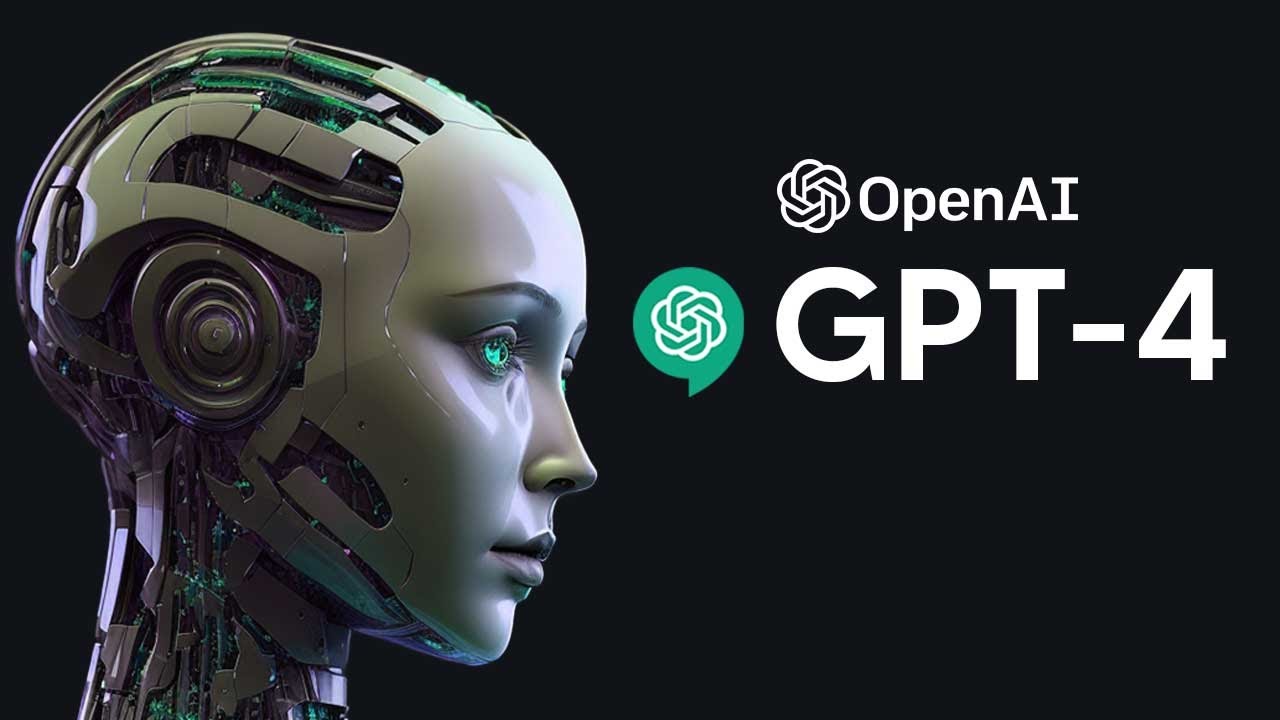Comments
- No comments found

GPT-4 is significantly more powerful than ChatGPT.
Language models are becoming increasingly sophisticated and powerful, and one of the most eagerly anticipated is the fourth-generation GPT (Generative Pre-trained Transformer) from OpenAI.
The company has already produced some of the most significant language models to date, and GPT4 promises to be even more impressive.
GPT4 can process up to 25,000 words per second, which is roughly eight times faster than ChatGPT.
In order to generate new content based on prompts, generative artificial intelligence employs algorithms and predictive text.
GPT-4 will first be available to ChatGPT Plus subscribers, who pay $20 per month for premium service access.
It already serves as the foundation for Microsoft's Bing search engine platform. The tech behemoth has put $10 billion into OpenAI.
In this article, we will explore everything you need to know about GPT4, its features, and its potential applications.
GPT4 is the fourth-generation language model developed by OpenAI.

Like its predecessors, GPT1, GPT2, and GPT3, GPT4 is a deep learning model that can generate human-like text in response to a prompt.
It can be trained on large amounts of data and learn to predict what words should come next in a sentence, paragraph, or even an entire article.
GPT4 is expected to be more powerful and capable than any previous language model, with even more advanced features and abilities.
GPT4 is expected to be significantly different from previous versions of the language model.
One of the most significant differences is that it will be trained on a massive dataset of text, likely several orders of magnitude larger than the datasets used for GPT3.

This will allow GPT4 to have an even better understanding of the nuances and intricacies of language and generate more accurate and convincing text.
Additionally, GPT4 is expected to have better capabilities in understanding and generating non-English languages, which could make it a more versatile tool for global applications.
GPT4 is expected to have several new features and capabilities that set it apart from its predecessors.

One of the most striking feature is its ability to generate long-form text, such as articles and stories, with greater coherence and consistency.
It is also expected to have better accuracy in generating responses to specific prompts, such as questions or requests for information.
GPT4 is also expected to have a more robust understanding of context and be able to generate more nuanced and sophisticated responses to prompts that require more complex reasoning and analysis.
The potential applications of GPT4 are vast and varied, and they are limited only by the imagination of the users. One potential application is in the field of natural language processing, where GPT4 could be used to improve the accuracy of voice assistants and chatbots, making them more human-like and easier to use. GPT4 could also be used to generate content for a wide range of applications, from social media posts and marketing materials to news articles and academic papers. Additionally, GPT4 could be used to improve the accuracy and efficiency of machine translation, making it easier to communicate across language barriers.
As with any powerful technology, there are ethical implications associated with GPT4.

The powerful techologyy could be utilized for malicious purposes, such as generating fake news or propaganda.
Furthermore, there is also a concern that GPT4 could be used to automate jobs currently held by human writers and editors, leading to job losses and economic disruption.
Additionally, there is a concern that GPT4 could perpetuate existing biases and inequalities in society if it is not trained on diverse and representative datasets.
GPT4 could one day take over several jobs currently done by humans.
Leave your comments
Post comment as a guest